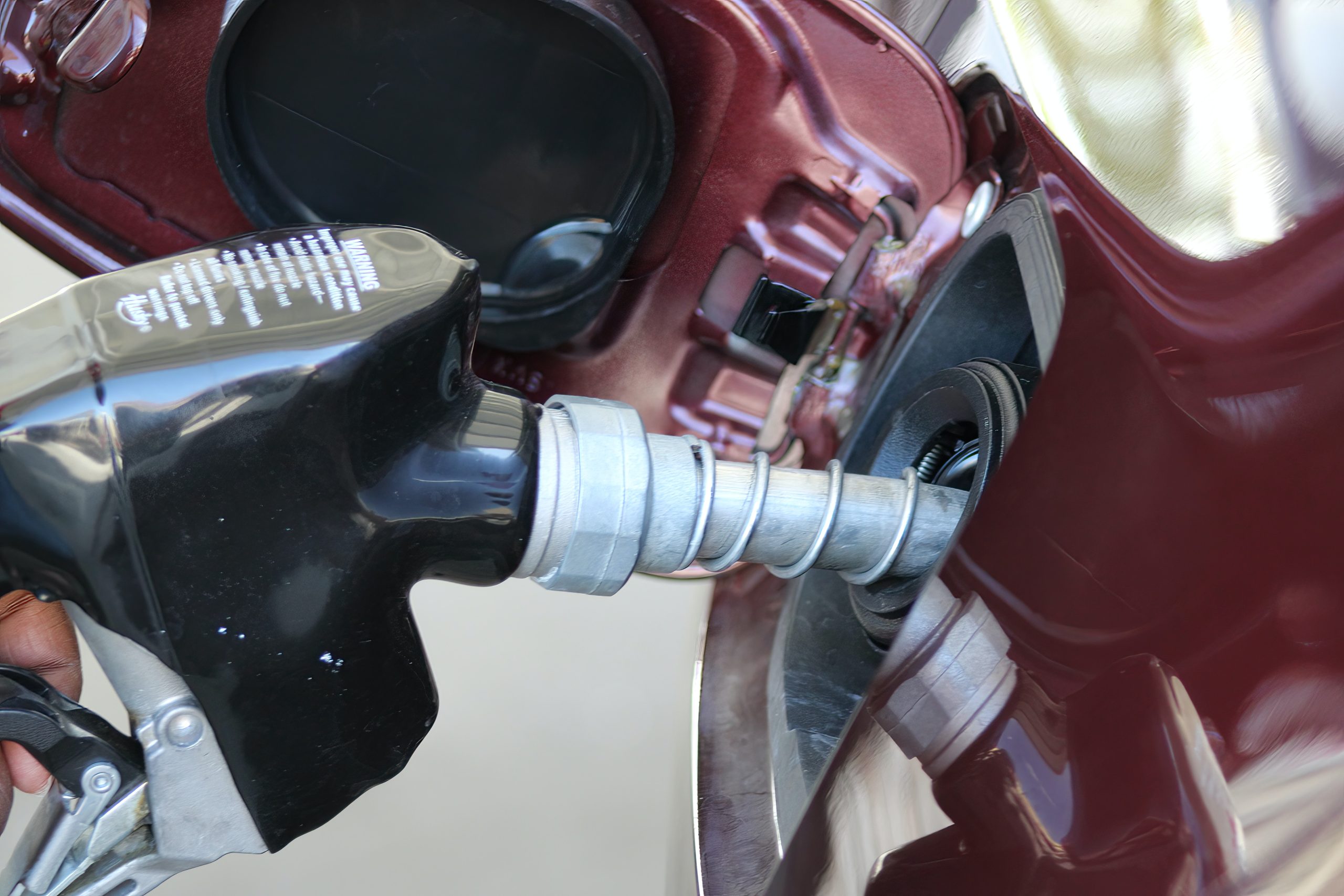In a world grappling with environmental concerns and a growing need for sustainable transportation solutions, flex-fuel cars have emerged as a promising alternative to conventional gasoline-powered vehicles. These vehicles, designed to run on a variety of fuels, offer a versatile and eco-friendly option for consumers and have the potential to play a significant role in reducing our carbon footprint. In this article, we will explore the concept of flex-fuel cars, their benefits, challenges, and their place in the future of mobility.
What are Flex Fuel Cars?
Flex fuel cars, also known as flexible fuel vehicles (FFVs), are automobiles equipped with engines capable of running on a range of fuels, primarily ethanol blends with gasoline. The most common type of flex-fuel car on the market today is designed to accept E85, a fuel blend containing 85% ethanol and 15% gasoline, but they can also run on standard gasoline or any combination of ethanol and gasoline in between.
Benefits of Flex Fuel Cars
1. Environmental Benefits:
Flex-fuel cars contribute to reducing greenhouse gas emissions. Ethanol is a renewable fuel made from plant sources like corn or sugarcane, which absorb carbon dioxide from the atmosphere during growth. Consequently, when flex-fuel cars use ethanol-based fuels, they have a lower carbon footprint compared to traditional gasoline-powered vehicles.
2. Energy Security:
Flex-fuel cars offer greater energy security by reducing dependence on fossil fuels. Ethanol is domestically produced in many countries, reducing the need for importing oil and enhancing national energy self-sufficiency.
3. Economic Advantages:
Ethanol production creates jobs and stimulates rural economies as it often relies on agricultural inputs. Moreover, the competition between ethanol and gasoline can help stabilize fuel prices, benefitting consumers in the long run.
4. Versatility:
Flex fuel vehicles provide flexibility to consumers. They can fill up with E85 when available, use regular gasoline in areas where ethanol is scarce, or even mix the two fuels in various ratios depending on availability and price.
Challenges of Flex Fuel Cars
1. Fuel Availability:
One of the primary challenges of flex-fuel cars is the limited availability of E85 and other ethanol-based fuels. In many regions, ethanol infrastructure is underdeveloped, making it difficult for consumers to access these alternative fuels.
2. Fuel Efficiency:
Ethanol-based fuels generally have lower energy content compared to gasoline, which can lead to reduced fuel efficiency in flex-fuel vehicles. Drivers may experience a decrease in miles per gallon (MPG) when using E85.
3. Engine Modifications:
While most modern flex-fuel cars are designed to run on E85 without modification, older models may require some engine adjustments to accommodate ethanol blends.
4. Ethanol Production Concerns:
Ethanol production, if not managed sustainably, can have adverse environmental impacts, such as deforestation and excessive water usage. Ensuring that ethanol is produced using responsible and eco-friendly practices is essential.
The Future of Flex Fuel Cars
Flex fuel cars have made significant strides in recent years, but their future depends on several factors:
1. Ethanol Production and Infrastructure:
The expansion of ethanol production and distribution infrastructure is critical for the widespread adoption of flex-fuel cars. Governments and industries must invest in developing a robust ethanol supply chain to make these vehicles more accessible.
2. Environmental Considerations:
As we move forward, it is essential to ensure that ethanol production is sustainable and environmentally friendly. Innovations in biofuel production, such as cellulosic ethanol made from non-food crops, can help address some of these concerns.
3. Technological Advancements:
Continued research and development are needed to improve the fuel efficiency of flex-fuel cars. Advanced engine technologies and hybridization could help mitigate the performance gap between ethanol and gasoline.
4. Consumer Education:
Raising awareness about the benefits of flex-fuel cars and their environmental impact is crucial. Consumer incentives, such as tax breaks or rebates for purchasing FFVs, can also encourage adoption.
Flex-fuel cars represent a promising step toward sustainable mobility. Their ability to run on renewable ethanol-based fuels offers environmental benefits, energy security, and economic advantages. However, challenges such as fuel availability, efficiency, and environmental concerns must be addressed to realize their full potential. With the right investments in infrastructure, technology, and education, flex-fuel cars could play a significant role in reducing our carbon footprint and shaping the future of transportation. As we strive for a greener and more sustainable future, flex-fuel cars are a path worth exploring.



